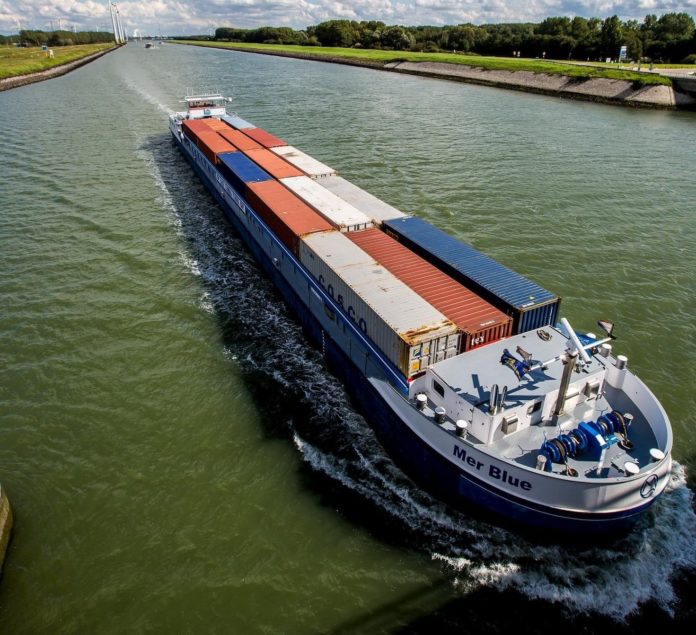Rotterdam Port Authority, E.ON and DeltaPort Niederrheinhäfen are collaborating to create conditions conducive to switching inland shipping in Germany and Europe from diesel to battery and/or hydrogen drives.
The companies agreed on 17 February in Essen to develop an infrastructure so that freight and passenger ships with climate-neutral propulsion can exchange battery containers or refuel hydrogen in the ports. The partners’ goals include climate protection, improved air quality and the long-term optimisation of logistics costs.
The pilot concept will initially focus on the German inland DeltaPort location in Voerde and Wesel, which will be developed into a sustainable port network as part of the EcoPort813 project. The concept should be transferable to other ports in Europe.
Alexander Fenzl, Director of German operations at E.ON Business Solutions commented: “Transporting goods on waterways is already more environmentally friendly than by rail or road. The German government wants to significantly expand inland shipping.”
The conditions in Wesel: aluminium producer Trimet generates waste heat from which E.ON can produce new energy. Other renewable energies such as PV are also set to become part of the concept. The infrastructure will be designed in such a way that not only ships, but also trains and trucks can refuel hydrogen or recharge their batteries in the port. This means that even the so-called last mile can become green and CO2-free.
Rotterdam Port Authority is contributing its logistics know-how to the partnership. Europe’s largest transhipment centre is currently working intensively on specific projects to make freight transport more sustainable. The aim is to enable climate-neutral goods transport between Rotterdam and the European hinterland by 2050.
Andreas Stolte, Managing Director of DeltaPort Niederrheinhäfen said: “Sustainability should be a decisive location factor for the further development of the port locations of Orsoy, Voerde, Wesel and Emmerich on the Lower Rhine.”







